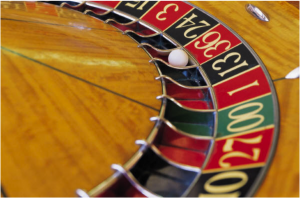Lose Weight and Improve Your Brain Power by Getting More Sleep
I’m currently listening to an audio book that describes, in great detail, life in the 1700s. No television, computers, cell phones or electric light bulbs. People generally went to bed after dark and got up at sunrise. Candles were used but even then people’s sleeping patterns were more in tune with their circadian rhythms than today. Where people once averaged 10 hours of sleep a night, now the average is around six.
Our modern lifestyle allows us to cram more and more into each day. Lights that burn day and night, flickering computer and television screens, not only in offices but in bedrooms, and a schedule that often makes getting even 6-7 hours of sleep a luxury. What is this doing to our biochemistry?
A recent paper from Rockefeller University looked at how artificial lighting changes our 24-hour circadian rhythm. Mice were placed into an environment that had a 20-hour day instead of the standard 24. Six weeks later these mice had gained weight, were more reckless in their behavior and were less flexible mentally than the mice that had stayed on the 24-hour cycle.
Another interesting study, published in the journal Neuroscience, states that when people don’t get enough sleep they tend to make overly optimistic decisions. This provides scientific evidence for what casino managers have long known — keep the lights flashing and the machines ringing to encourage people to keep playing until they have lost all their money.
Based on these, and other studies, we may well be playing havoc with our brains, our metabolism and overall body chemistry. Makes me think that life in the 1700s and before wasn’t so bad, at least when it comes to getting adequate sleep!

